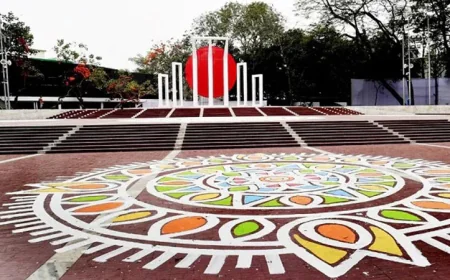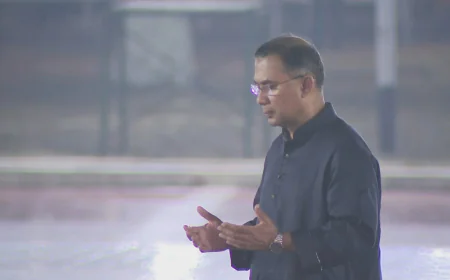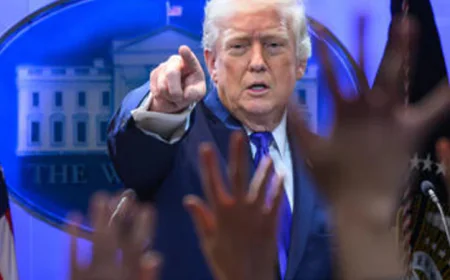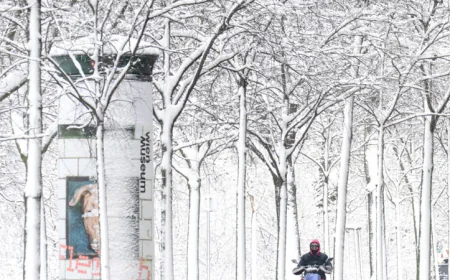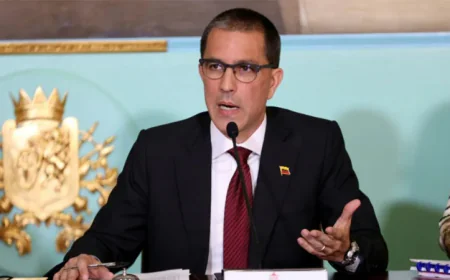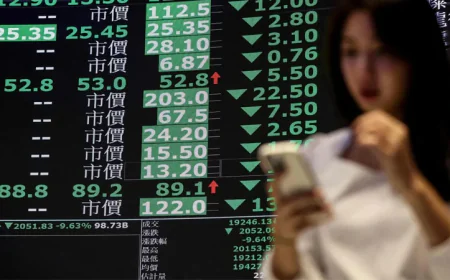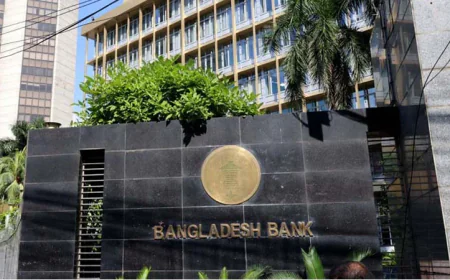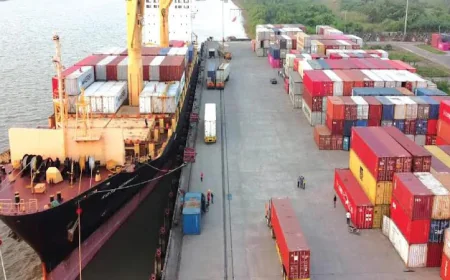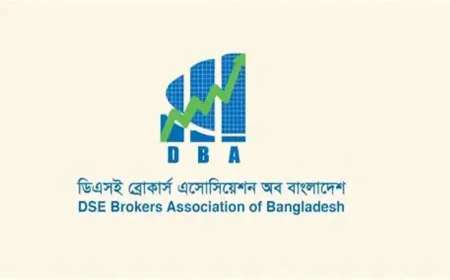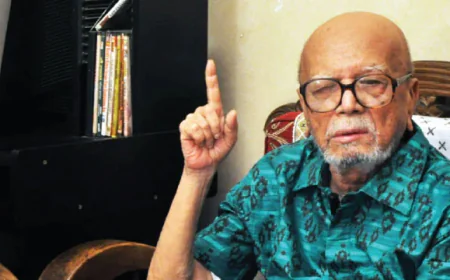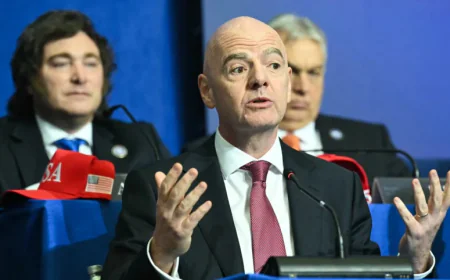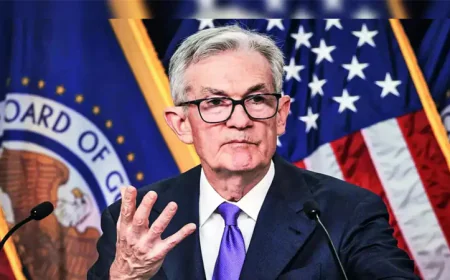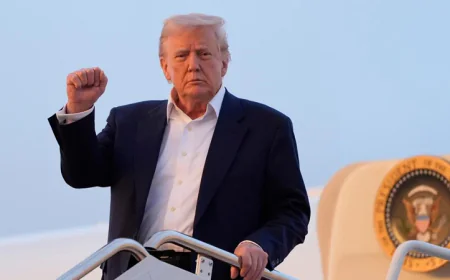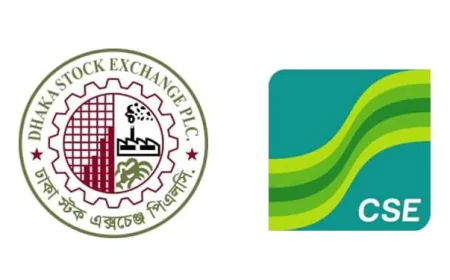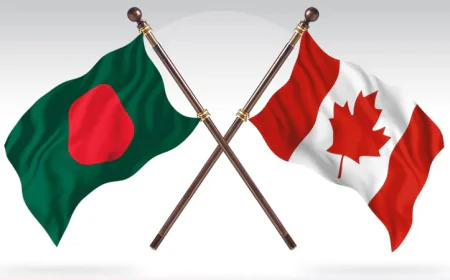Trump’s Remittance Tax Plan Poses Risk to Bangladesh’s Dollar Inflow
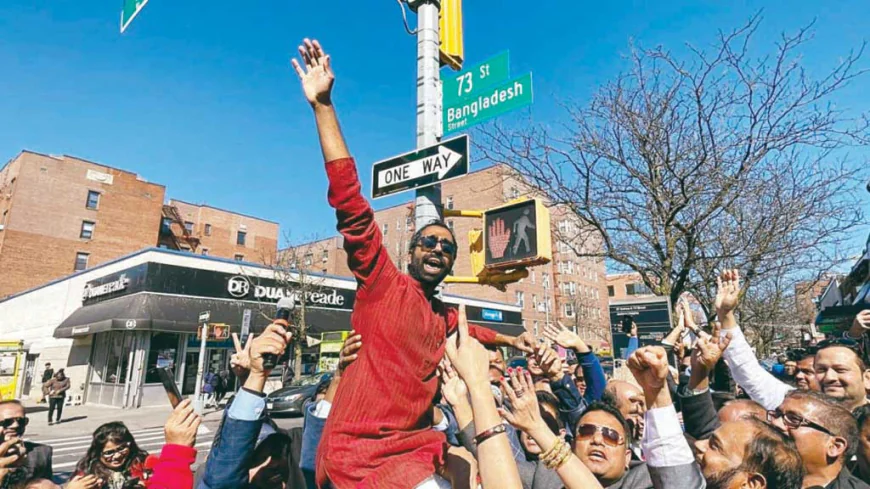
A proposed US tax on outward remittances spearheaded by President Donald Trump has alarmed Bangladeshi analysts, who warn it could severely disrupt dollar inflows and push migrant workers toward Hundi, denting foreign currency reserves.
The legislation, titled “The One, Big Beautiful Bill”, was endorsed on Sunday by the US House Budget Committee. A full vote in the House of Representatives is expected as early as next week.
If passed, the law would impose a 5 percent tax on all international money transfers sent from the US by non-citizens, regardless of amount, with no exemption threshold.
This includes immigrants on H-1B, F-1 student visas, and even green card holders; all of whom play a significant role in supporting families and investing back home through remittances.
“If the US imposes a 5 percent tax on banking channel transfers, many will simply stop using banks,” said Arfan Ali, former managing director of Bank Asia, speaking to bdnews24.com on Tuesday.
“They’ll resort to Hundi, an informal system. And that’s a direct threat to Bangladesh’s reserves.”
He added that while remittance inflows have shown healthy growth recently, helping stabilise the dollar market, the proposed tax risks reversing that progress.
“Remittance flows had dipped at one point, and we know a significant portion was diverted through hundi,” Ali noted. “A new tax like this will push more people in that direction.”
HIGH STAKES FOR BANGLADESH’S RESERVE STABILITY
According to Bangladesh Bank, the United States is one of the country’s top remittance sources. In the first nine months of the 2024-25 fiscal year, Bangladeshi expatriates in the US sent home $3.94 billion—more than from any other country. The United Arab Emirates followed with $3.12 billion during the same period.
In FY2024, remittance inflows from the US stood at $2.96 billion, second only to the UAE’s $4.6 billion. The trend was similar in FY2023, when Bangladeshi migrants in the US sent $3.52 billion, again the second-highest after UAE’s $3.76 billion.
$197 MILLION ANNUAL TAX BURDEN
If the proposed 5 percent levy were to be applied to the $3.94 billion sent from the US so far in FY2025, Bangladeshi expatriates would pay an additional $197 million in taxes—equivalent to more than Tk 20 billion.
“That’s a massive amount,” said Ali, the former Bank Asia MD. “The burden will be on those already sending money home for family support, education, or basic investments.”
The measure is seen as part of Trump’s broader strategy to deter undocumented immigration by penalising non-citizens economically.
However, economists argue it could inadvertently punish legal migrants, including those who contribute significantly to foreign exchange reserves in countries such as Bangladesh.
POLICY UNCERTAINTY SPURS ANXIETY
According to Pew Research Center, approximately 300,000 Bangladeshis currently reside in the United States. A significant number regularly remit money to support their families or invest in small businesses and property in Bangladesh.
There is concern among analysts that if the Bill passes, it could lead to a surge in informal money transfers, reducing the transparency and traceability of remittances, and weakening formal foreign exchange flows.
“Bangladesh’s economy is already navigating inflation, reserve pressure, and an unstable banking sector,” said one senior economist on condition of anonymity.
“A sudden drop in US-sourced remittances would be yet another blow," he warned.
UNCERTAINTY LOOMS
How sharply US remittances to Bangladesh will fall if Trump’s tax plan becomes law uncertain.
“It’s too early to quantify the fallout,” said the head of treasury at a leading private bank in Dhaka, speaking to bdnews24.com on condition of anonymity.
“We’ve just begun analysing the implications. Our department is working on it. The extent of the decline will only become clear with time.”
Mohammad Jalal Uddin Sikder, assistant professor of political science and sociology at North South University (NSU), contextualised the policy within broader global debates on capital outflows.
“Governments in high-income countries like the US have been discussing for some time how foreign workers are sending billions abroad,” he said. “There’s a growing push to retain part of that outflow through taxation.”
He noted that many host countries increasingly believe taxing outbound remittances is a way to keep more liquidity within their domestic economies, and the US now seems poised to follow that path.
Regarding the potential implications for Bangladesh, Sikder warned: “People who have relied on formal banking channels may now turn to informal methods like Hundi. Even those who wish to send money legally might shift to unregulated routes.”
Toufic Ahmad Choudhury, former director general of the Bangladesh Institute of Bank Management (BIBM), echoed the concern.
“The United States is either the top or second-largest source of remittances for Bangladesh,” he said. “If these flows are taxed, formal banking channels will undoubtedly suffer—and Hundi will fill the gap.”
